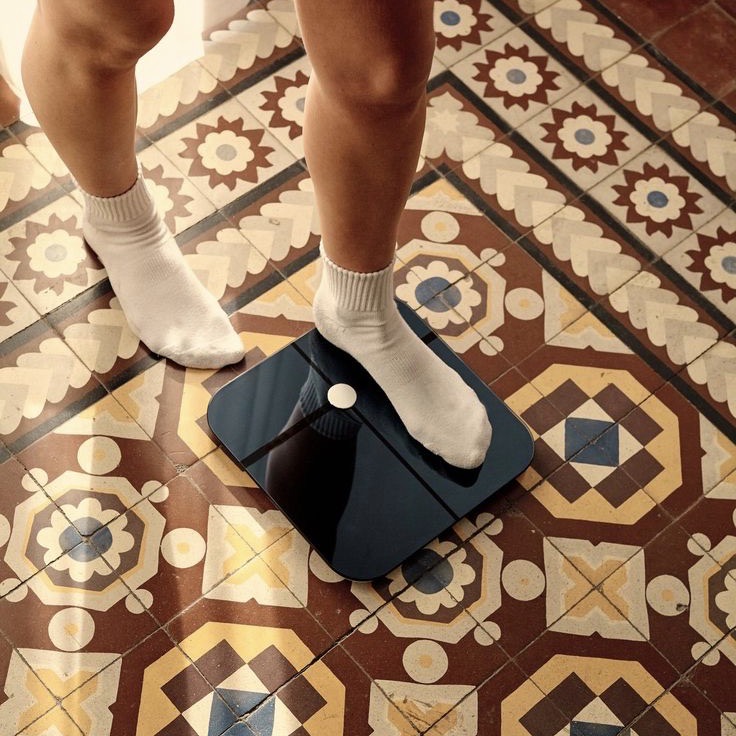In today’s fast-paced world, stress seems to be an unwelcome but constant companion. We typically hear about the emotional toll of cortisol, the stress hormone, and how it can impact our mental
Chronic stress and elevated cortisol can sabotage your weight management efforts, therefore we are here to give you actionable tips to help regulate your cortisol levels, maintain a balanced lifestyle, and achieve your weight loss goals.
What is cortisol?
“Cortisol is often referred to as the “stress hormone”. This is because it’s produced by the adrenal glands – these sit above your kidneys – as part of the body’s stress response. Cortisol’s main role at times of acute stress is to increase blood sugar levels for energy, which is useful in a fight-or-flight situation. However, it has important effects on different parts of the body and helps mediate metabolism, inflammation and the immune system,” Dr Kirsty Wallace-Hor, a Specialist GP at Juniper, explains.
“It’s normal for cortisol levels to change throughout the day, reflecting your energy needs. Cortisol levels typically peak in the morning and fall during the day, with the lowest levels at night,” she adds.
What do healthy cortisol levels look like?
When everything is working properly, your adrenal glands adjust cortisol production based on your energy needs. Typically, cortisol peaks in the morning (between 6 am and 8 am) and then gradually decreases throughout the day, reaching its lowest point around midnight. Generally speaking, healthy cortisol levels are[1]:
- 6 to 8 am: 10-20 micrograms per deciliter
- 4 pm: 3-10 micrograms per deciliter
How do I know if I have high cortisol levels?
“After an acute stress has passed, cortisol levels return to normal quite quickly so don’t tend to have any lasting effects. However, chronic stress can lead to dysregulation of cortisol levels, which can cause issues,” Dr Wallace-Hor explains.
Other culprits include pituitary gland issues, tumours on the adrenal glands and corticosteroid medications, which are anti-inflammatory drugs used for conditions like rheumatoid arthritis.
“Symptoms of high cortisol include weight gain (particularly around the abdomen and face), acne, thin skin, easy bruising, slowed healing, muscle weakness, fatigue and high blood pressure.”
The connection between cortisol and weight gain
Excess cortisol can negatively impact weight management in several ways. For instance, it can slow your metabolism, which is crucial for regulating body weight. Plus, it can reduce muscle mass by inhibiting testosterone production. But that’s not all.
“We know that stress influences how we eat and our food choices. Acute stress can cause appetite suppression, whereas chronic stress (and high cortisol) tends to stimulate the appetite and increase the intake of energy-dense foods,” says Dr Wallace-Hor.
“Cortisol also helps control the circadian rhythm, which strongly influences our sleep. Disruptions to this can have significant impacts on our mental and physical health. Poor sleep may also contribute to high cortisol levels, so it’s important to manage sleep issues like insomnia and sleep apnoea.”
Tips for regulating your cortisol levels
“The best way to avoid high or dysregulated cortisol levels is to address chronic stress and how your body deals with it. Good sleep hygiene, mindful eating and cognitive behavioural therapy can all help reduce stress. Regular exercise is not only helpful for reducing stress but can also help with weight loss,” Dr Wallace-Hor recommends.
“If you’re concerned about weight gain or chronic stress, I recommend that you check in with your regular GP.”
Learn more about cortisol and weight gain here.
Read more of our Health & Wellness articles here.
[1] https://www.urmc.rochester.edu/encyclopedia/content.aspx?contenttypeid=167&contentid=cortisol_serum





